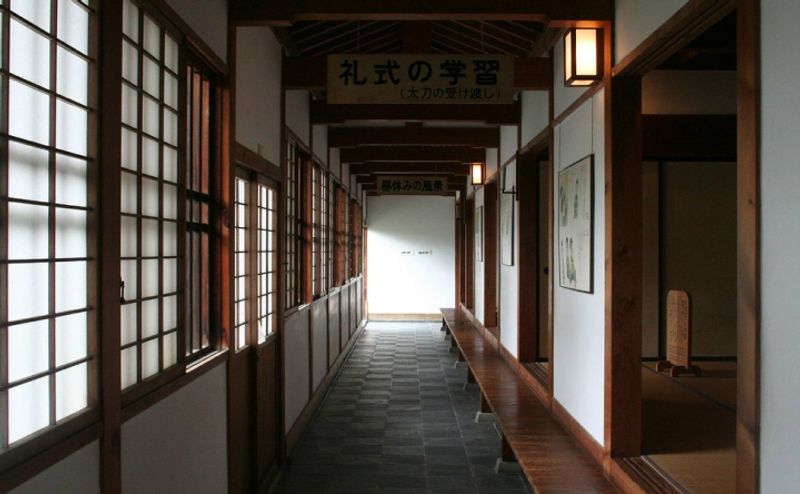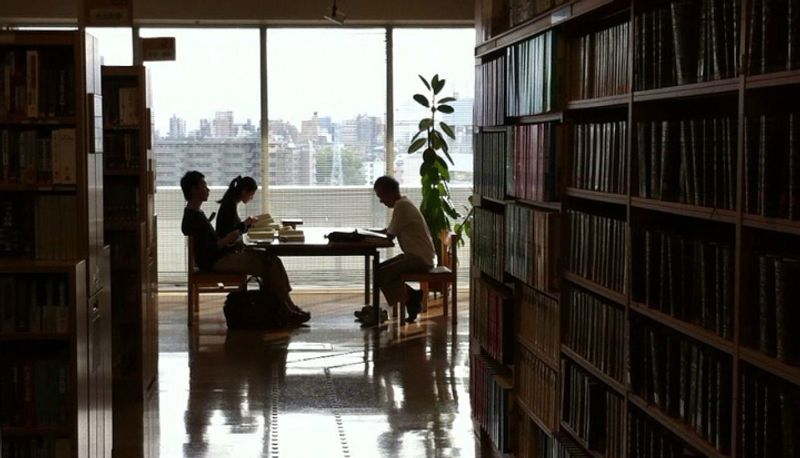Nov 23, 2015
Study Japanese in Japan: How much money do you need for class?

There are 3 types of people who study Japanese in Japan;
Young whipper snappers who come to the country on mum and dad’s money, specifically to study. Full time. On a student visa. For 6 months to 24 months.
Itinerant travellers, on an extended jolly and with enough money to a: spend a month in Japan, and b: do a few weeks of language study whilst here. Usually under the pretence that they want to come back to the country in the future to work!
People who actually live and work in Japan, and study, well, … because they live in Japan. Although it’s not quite as simple as that. Motivations vary; need it for work, hoping to score some private time with a good-looking teacher ... there are many. Either way, lessons have to be based around a work schedule.
A word of warning; Depending on your disposition, choosing a Japanese school in Japan(at any level) can be an infuriating experience, with myriad of courses to choose from, and fees broken down ad infinitum to the point where you want to scream, ‘Just tell me how much it f#$king costs!’ As such, We’ve scoured the Internet and walked the streets, trying to come up with a rough average of how much money you need for class in Japan.
Terms to be on the lookout for …
Enrolment fee
Course fee
Tuition fee
Materials fee
Textbook fee
Facility fee
Visa application fee

Full Time Study
Usually Mon - Fri schedule of 20 lessons/hours + a week and a whole host of extra curricular event/activities. Most schools organise (and charge for) student visas and health insurance. Accommodation in most cases, will be the student’s responsibility, although schools will be able to advise.
Fees
3 months - 170,000 yen
6 months - 400,000 yen
9 months - 600,000 yen
12 months - 700,000 yen
15 months - 850,000 yen
18 months - 1,000,000 yen +
21 months - 1,160,000 yen
24 months - 1,300,000 yen +
Expect anywhere between 2,000 - 10,000 yen for textbooks.
Short Courses
A large number of nationalities can stay in Japan for up to ~ 3 months as a tourist. Plenty of time to fit in a little study. There is a lot of choice in the short-term study business, but once you’ve sifted through all the schedules, courses, and tables of fees, a pattern emerges; Mon - Fri, ~ 20 hours per week and the following fees …
1 week - from 14,500 yen
2 weeks - 25,000 yen
1 month - 45,000 - 90,000 yen
2 months - 90,000 - 150,00 yen
3 months - 135,000 - 160,000 yen
Expect enrolment fees in the 20,000 to 30,000 yen range.
There are exceptions though, we’ve seen Japanese schools in Japan offering 1 week (15 hrs) - 70,000 yen +, through to 1 month (60 hrs) - 280,000 yen +.

Flexible Private / Semi-Private Tuition
Expensive over the long term, but without doubt the most flexible and simple ‘study Japanese in Japan' option. In this market, you usually have to pay for a certain amount of lessons up front, and have a certain period within which you have to take them (~ 3 months). Expect schools to range from shabby converted apartments through to snazzy, shiny office set ups. All should have free tea/coffee.
At the cheaper end of the scale, expect to be paying 4,000 yen per 50 mins - 1hr, although away from fancy train station locations you might be able to find classes for ~ 3,000 yen for the same length of class. At the upper end of the scale, lessons are around 7,000 yen per 50 mins - 1 hr. 90 min lessons are also common.
Let’s say the school wants you to pay for an 8 lesson package up front (fairly common); 32,000 - 56,000 yen. Depending on the school, you may be required to buy a textbook, but one would hope that for a private lesson, the student calls the shots on this one.
Semi-private/group lessons could take 500 - 1,000 yen (per class) off the above prices.
The cheapest way to take a private lesson is to get online and look for a private tutor who will meet you at your home or in a coffee shop. In Japan’s big urban centers, there is likely to be no shortage of choice here. How much money do you need for class? Well, average prices for an hour are around 3,000 yen, but with a bit of searching you’ll see some tutors offering their services for 2,000 yen. This is a good option if you’re strapped for cash but studying in such public places can be inhibiting/distracting for both student and teacher.
There are options to study for free (other than at home with your textbooks). Read about them here: Study Japanese For Free! Language Exchange vs Nihongo Kyoushitsu.
For a detailed breakdown of the best ways to study the language in Japan ...
Studying Japanese in Japan: A guide to the options and resources
If you’ve got any insights/advice for those who want to study Japanese in Japan, we want to hear from you. Leave your comments below.
See us on ...
Twitter: @City_Cost_Japan
Image credits
Image (top): Miltos Gikas / License / Flickr
Image (center): Russell Trow / License / Flickr
Image (bottom): Yoshimitsu Kurooka / License / Flickr



2 Comments
Higgins
on Nov 23
Also, if you have a job and can't do full time classes check with your local city hall. Many towns offer free or extremely low cost Japanese classes. Great for brushing up or even if you are a beginner. My current town offers them free and the town I lived in previously charged 250 yen for a 2 hour class.
City-Cost
on Nov 25
Higgins - Agreed. Those classes (Nihongo Kyoushitsu) are a great resource. In my experience they usually come with snacks and cups of tea, too (my favourite bit)! You can usually find them listed on the city's homepage. Anyone out there ever tried any of the online learning options?